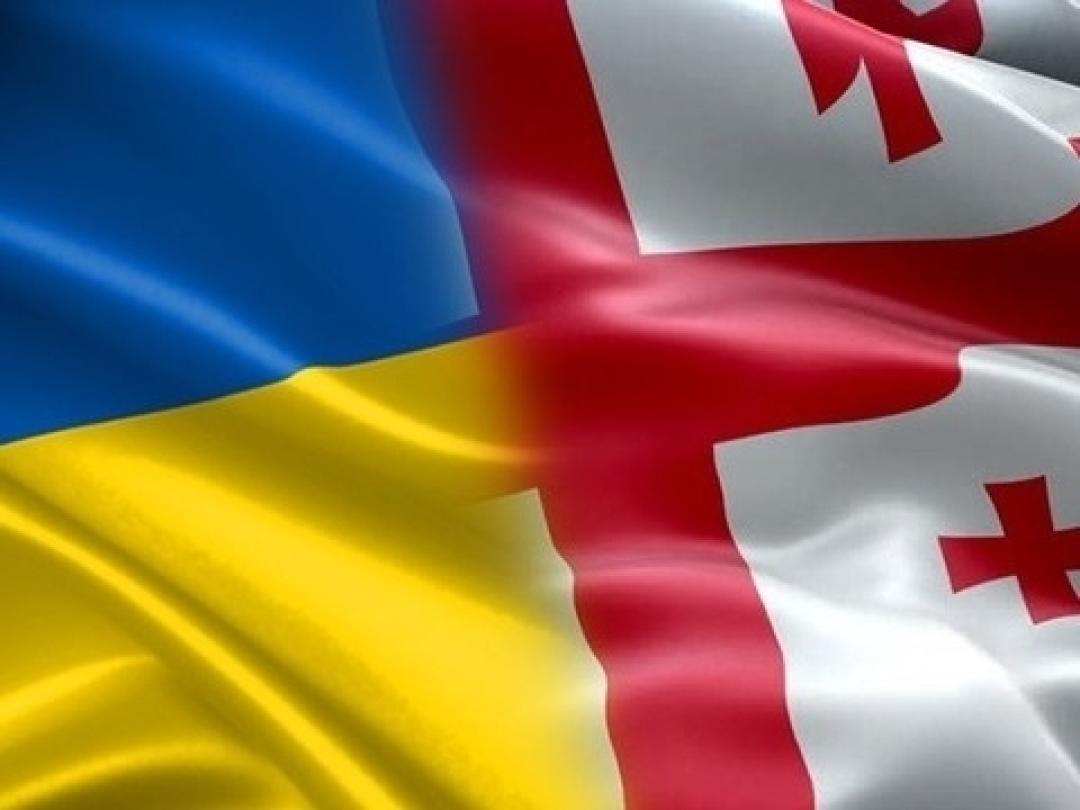
Diplomatic Rift: Georgia-Ukraine Ties Remain Strained

In an interview with the Georgian news agency IPN, published on August 19, Mykhailo Kharyshyn, the Ukrainian Chargé d’Affaires in Georgia, advocated for the restoration of ambassadorial-level diplomatic relations, suggesting that the first move should come from Georgia. Kharyshyn argued that Ukraine is open to resuming diplomatic relations at the ambassadorial level.
Kharyshyn acknowledged that ties between Tbilisi and Kyiv "could have been stronger" and expressed disappointment over some "negative" and "puzzling" remarks made by certain Georgian politicians about Ukraine. Despite these challenges, he highlighted that both countries continue to maintain high-level dialogue and provide mutual support internationally.
It’s worth noting that the ambassadors of both Georgia and Ukraine have remained in their home countries since relations between the two nations took a downturn following Russia’s invasion of Ukraine in 2022.
In the early days of the conflict, Ukraine recalled its ambassador from Georgia, citing what it described as the "immoral stance" of Prime Minister Irakli Garibashvili's administration regarding Russia sanctions and the decision to block Georgian volunteers from traveling to Ukraine. About a year later, Ukraine requested that the Georgian ambassador return to Tbilisi for consultations amid growing concerns about the health of former Georgian President Mikheil Saakashvili, who is imprisoned.
Kharyshyn’s interview also addressed the significance of Saakashvili’s situation for the future of Georgia-Ukraine relations. The Ukrainian diplomat stressed that Saakashvili’s case is a crucial factor and framed it as a consular issue, emphasizing that Ukraine is committed to safeguarding the well-being of its citizens, including Saakashvili.
Beyond Saakashvili, other figures have also strained relations between the current Georgian government and Ukraine. The appointment of former Georgian officials Zurab Adeishvili and Giorgi Lortkipanidze to positions within the Ukrainian government has further irritated the Georgian Dream administration. Kharyshyn indicated that Ukraine has no intention of extraditing these individuals, citing concerns about the impartiality of the Georgian judicial system.
The discussion also turned to the EU integration efforts of Georgia, Moldova, and Ukraine. Addressing complaints from Georgian authorities about “unfair” treatment by the EU, Kharyshyn rejected the idea that any of these countries are given special treatment, insisting that Ukraine’s negotiations with the EU are based solely on merit. Georgian Dream officials have argued that Georgia has been unfairly marginalized despite standing out among the trio, attributing this to “political maneuvering.”
Kharyshyn also focused on the rhetoric coming from some Georgian officials, which he suggested is damaging what was once an “exemplary” relationship between Georgia and Ukraine.
Despite these concerns, Kharyshyn took the opportunity to express gratitude to the Georgian government for its support of Ukrainian refugees who fled their country following the Russian invasion. He voiced hope that normal diplomatic relations between Georgia and Ukraine could be restored, provided that the factors currently hindering them, including problematic rhetoric, are addressed.
Kharyshyn also thanked President Salome Zourabichvili for participating in the Summit for Peace in Ukraine and revealed that she has been invited to attend the fourth Summit of the Crimea Platform, set to take place on September 11 in Kyiv. He further expressed hope that Georgia would be represented at the Crimea Platform Parliamentary events in October, at least at the level of deputy speakers.
In response, the Georgian PM Irakli Kobakhidze said: "The authorities of Ukraine recalled the ambassador from Georgia on March 1, 2022, on the fifth day after the start of the war. Two excuses were given for this. One was the non-imposition of sanctions on Russia, and you know that today, even the opposition claims that it would not be correct to impose sanctions on Russia. Now, two years later, they are repeating our messages. The second excuse was that we did not send combat volunteers to Ukraine with the government's official approval. According to their request, we had to send combat volunteers, with the government's official permission, with our planes. We didn't do that. With these two excuses, and not for any reason, the Ukrainian authorities recalled the ambassador from Georgia. Therefore, it is clear what the motive behind all this was, which the Ukrainian government officials later openly talked about. Podoliak, Danilov openly called us to open the second front, and of course, the decision made two years ago, on March 1, is very logical here. Therefore, if anyone has anything to review, the Ukrainian authorities should review their decision to recall the ambassador, which was an extremely unfriendly decision. As for our approach to the Ukrainian government, we will, in any case, remain in the mode of one-sided friendship because this is what the Ukrainian people need from us".
See Also


Simonyan: “Armenia Should Trade with Turkey and Azerbaijan Instead of Closing Borders”

Mirzoyan Meets US Deputy Assistant Secretary Joshua Huck

Azerbaijani President Holds Talks with UAE and German Business Delegations on Economic Cooperation

Grigoryan Confirms Armenia’s Readiness to Dissolve OSCE Minsk Group Upon Peace Treaty Signing

